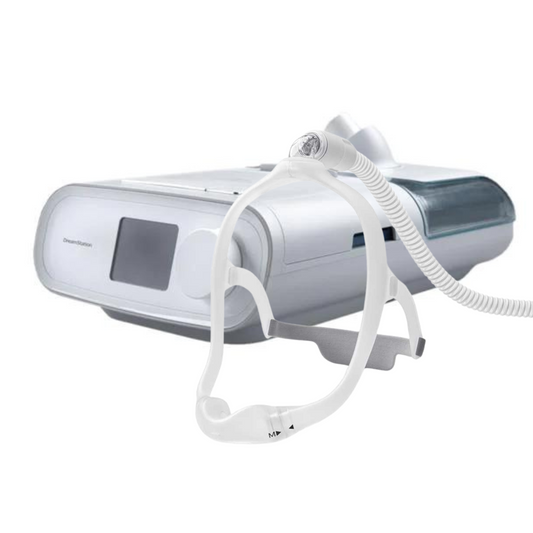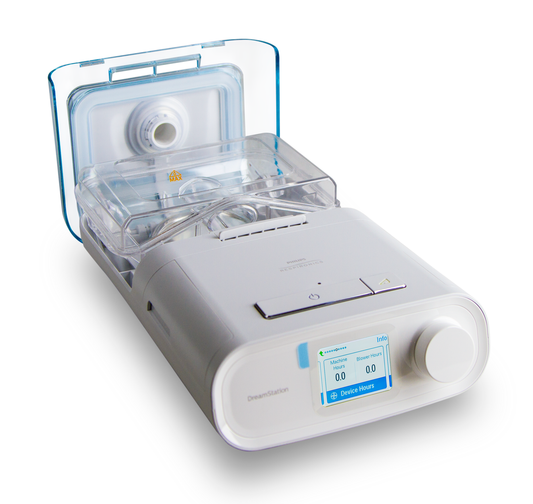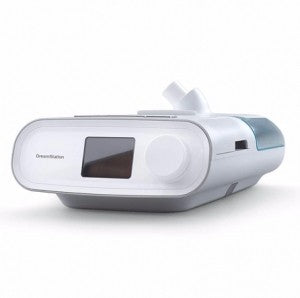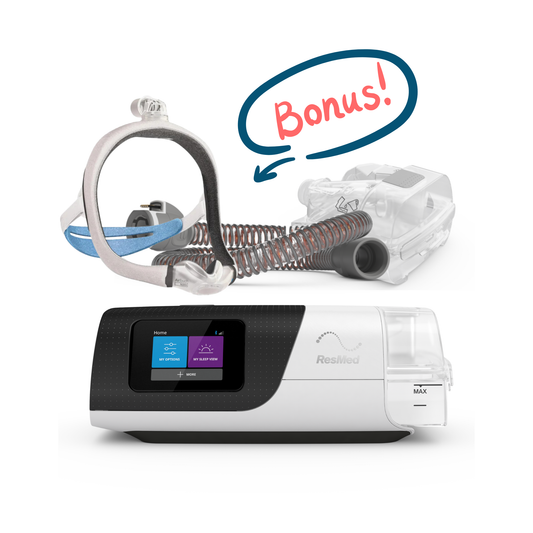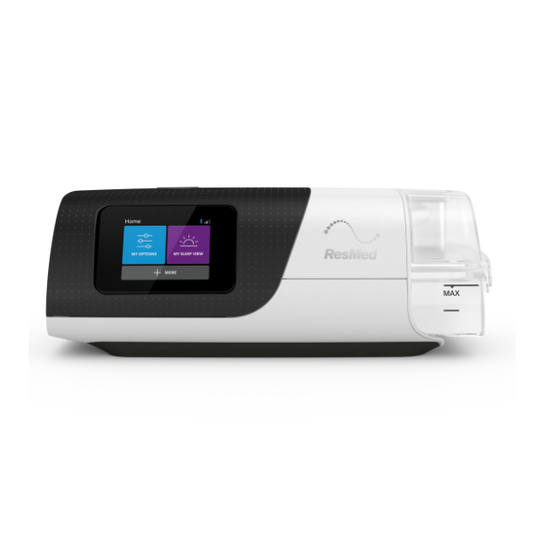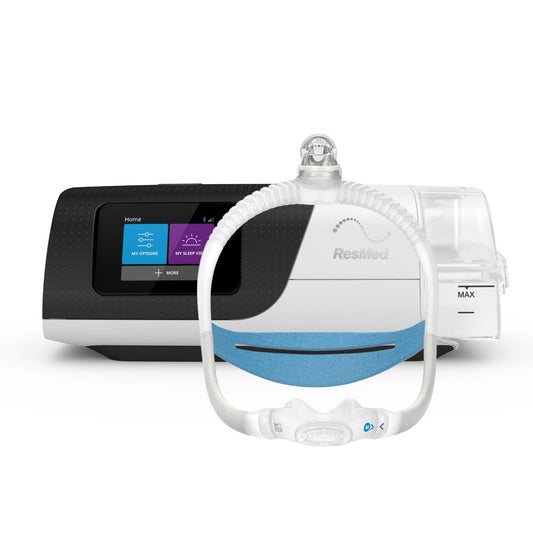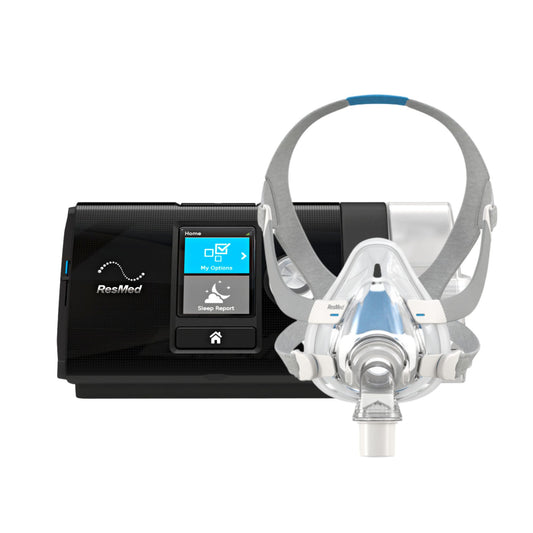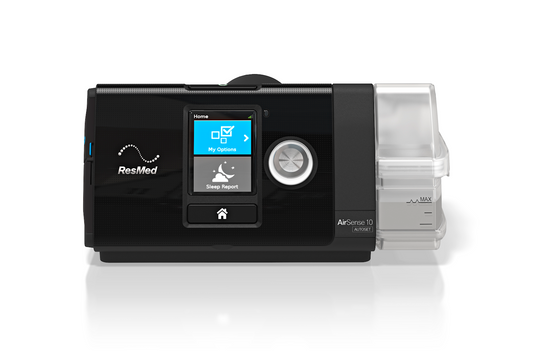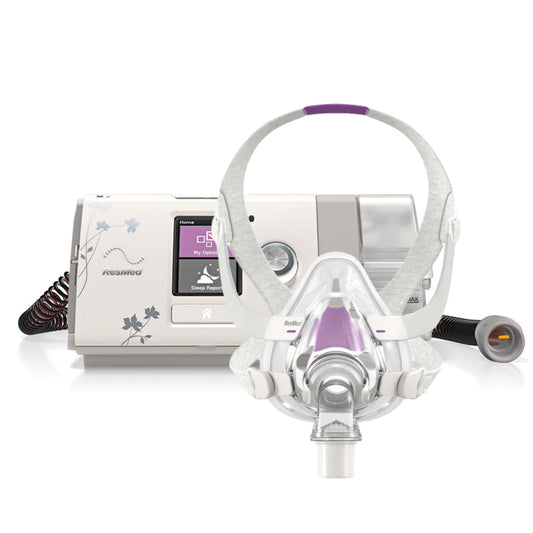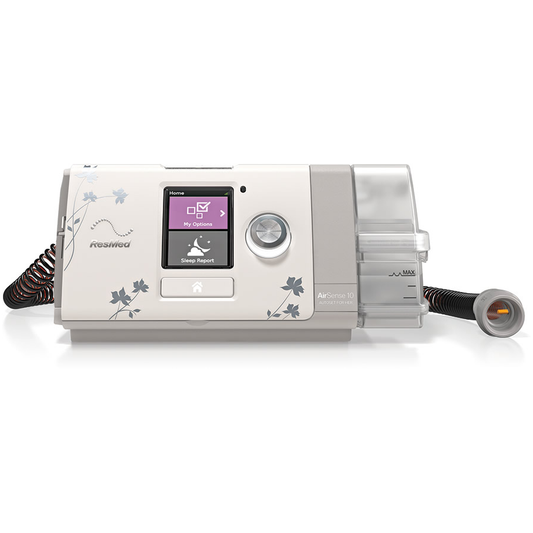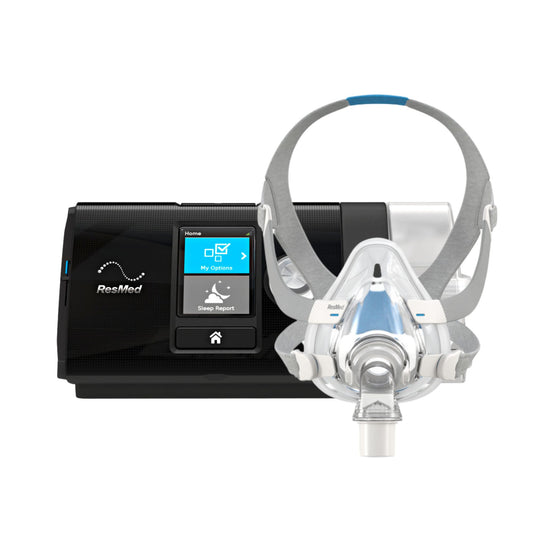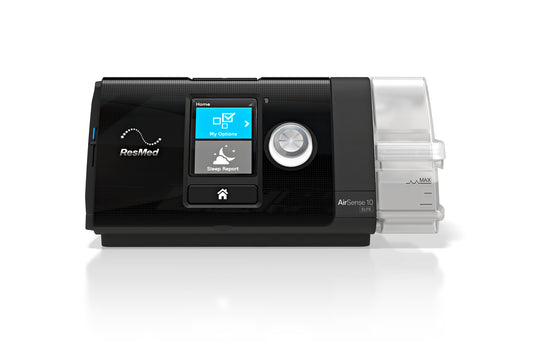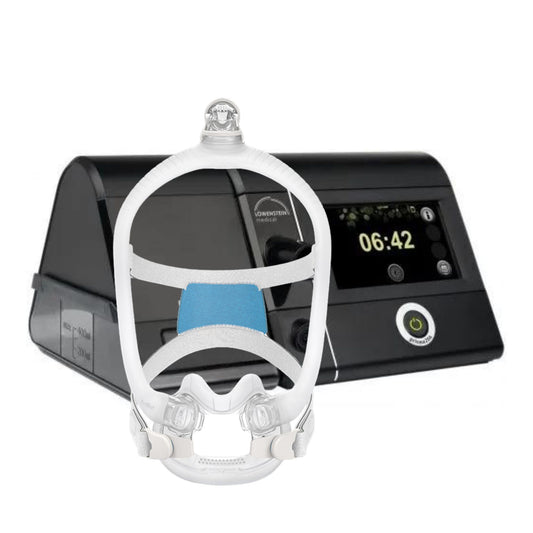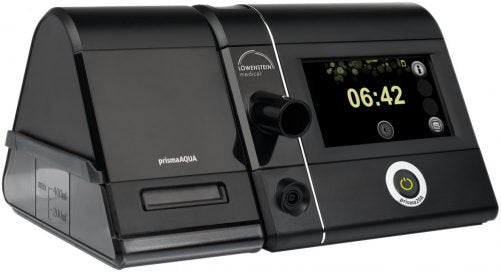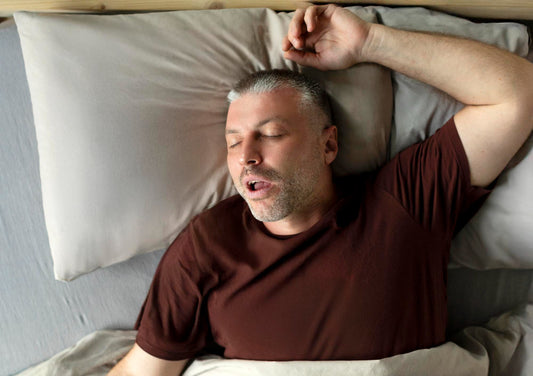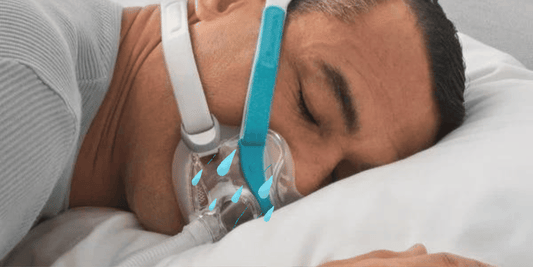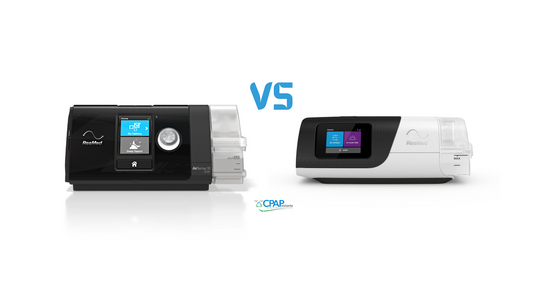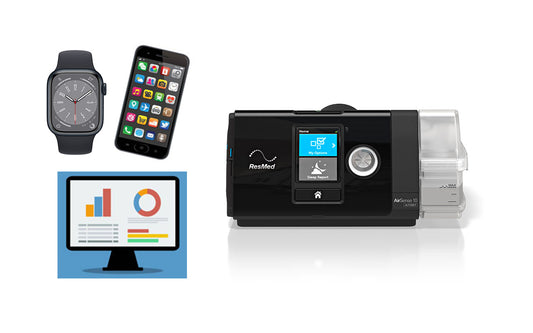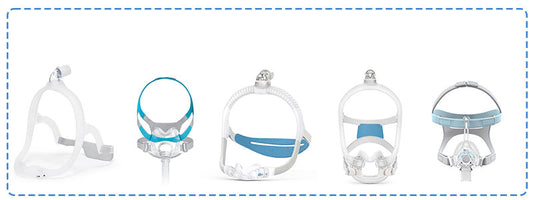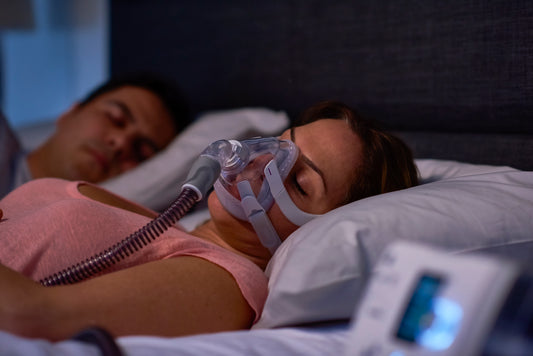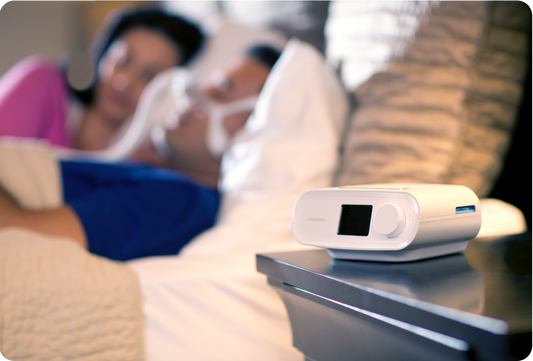People who are over 60 and have been diagnosed with sleep apnoea could lessen the threat of enduring heart failure simply by using a continuous positive airway pressure (CPAP) mask during sleep to aid with breathing.
Published in the Journal of the American Heart Association, the study explored the link between sleep apnoea and heart failure. Sleep apnoea is a condition wherein a person stops breathing over 5 times per hour during sleep.
Previous scientific research and studies have indicated that people with untreated obstructive sleep apnoea (OSA) are at risk of developing comorbidities such as type 2 diabetes, hypertension, stroke, arrhythmias, and heart attack. This recent study focused on the connection between heart failure and sleep apnoea. Heart failure is not the same as a heart attack. Heart failure is when the heart is not pumping well. When this occurs, the body receives less oxygen.

Among the 4.9 million Danish adults the researchers looked over 12 years (2000 -2012), 40,4085 developed sleep apnoea during the study. The researchers found that patients with sleep apnoea who are not undergoing CPAP treatment have a slightly higher risk of developing heart failure, regardless of their age. The study also indicated that those over 60 are 38% more likely to suffer heart failure than those who use CPAP.
Dr Anders Holt, the lead author of the study and a researcher with the Department of Cardiology at Copenhagen University, said that there is no denying that people with sleep apnoea are more prone to heart failure than the general population. Holt expressed that doctors caring for patients with sleep apnoea should pay close attention to observing and treating not only sleep apnoea but other cardiovascular risk factors.
The result of this study was reinforced by Dr. Donna Arnett when she said that the use of a CPAP machine is a positive step against the development of heart failure. Dr. Arnett is currently the dean of the College of Public Health at the University of Kentucky. Though she was not part of the study she believes that there is a great need to educate physicians about the significance of sleep apnoea. She said that the sleep disorder is under-recognized and that patients should be encouraged to get screened.
Dr. Hold admits that the current research was limited due to a lack of information about cardiovascular risk factors such as body mass index, smoking and drinking status. He hopes that further studies will be randomised clinical trials. However, the study supported the efficacy of CPAP therapy in decreasing the threat of developing heart failure for sleep apnoea patients. It underscored the benefits of CPAP therapy for patients with known heart failure.
The study highlights the importance of helping patients with sleep apnoea to adjust to sleeping while undergoing CPAP therapy.
Find a clinic or call us now for a consultation 1300 750 006.
